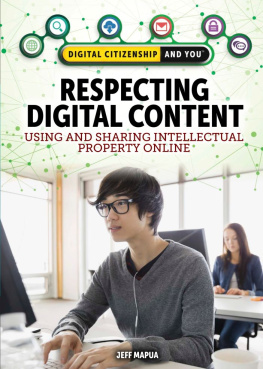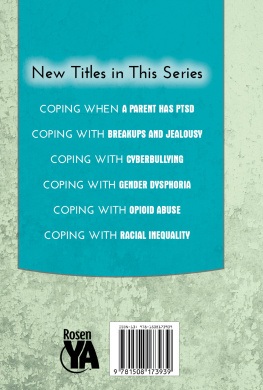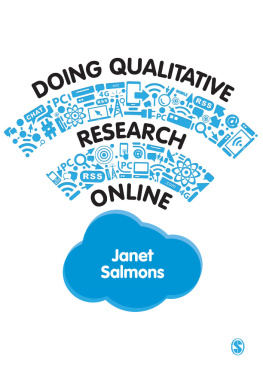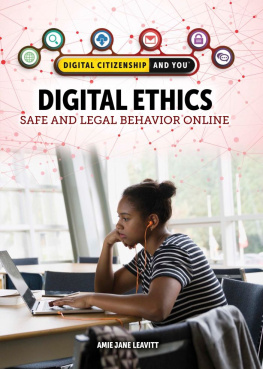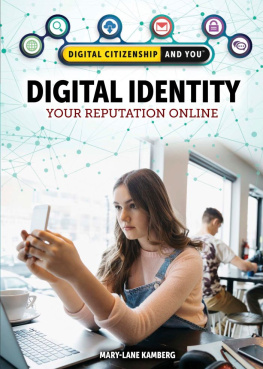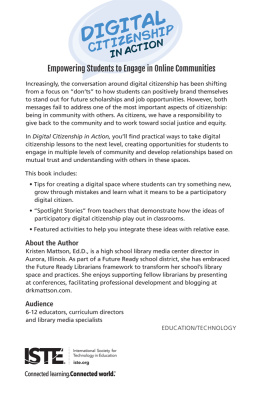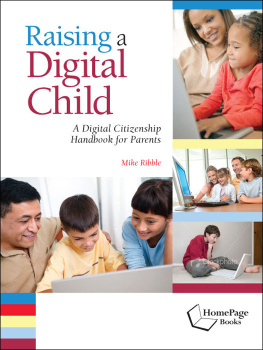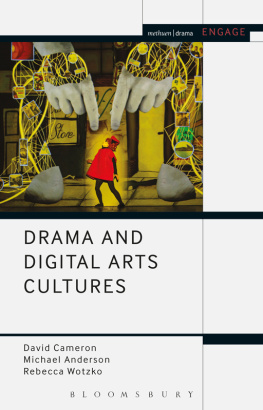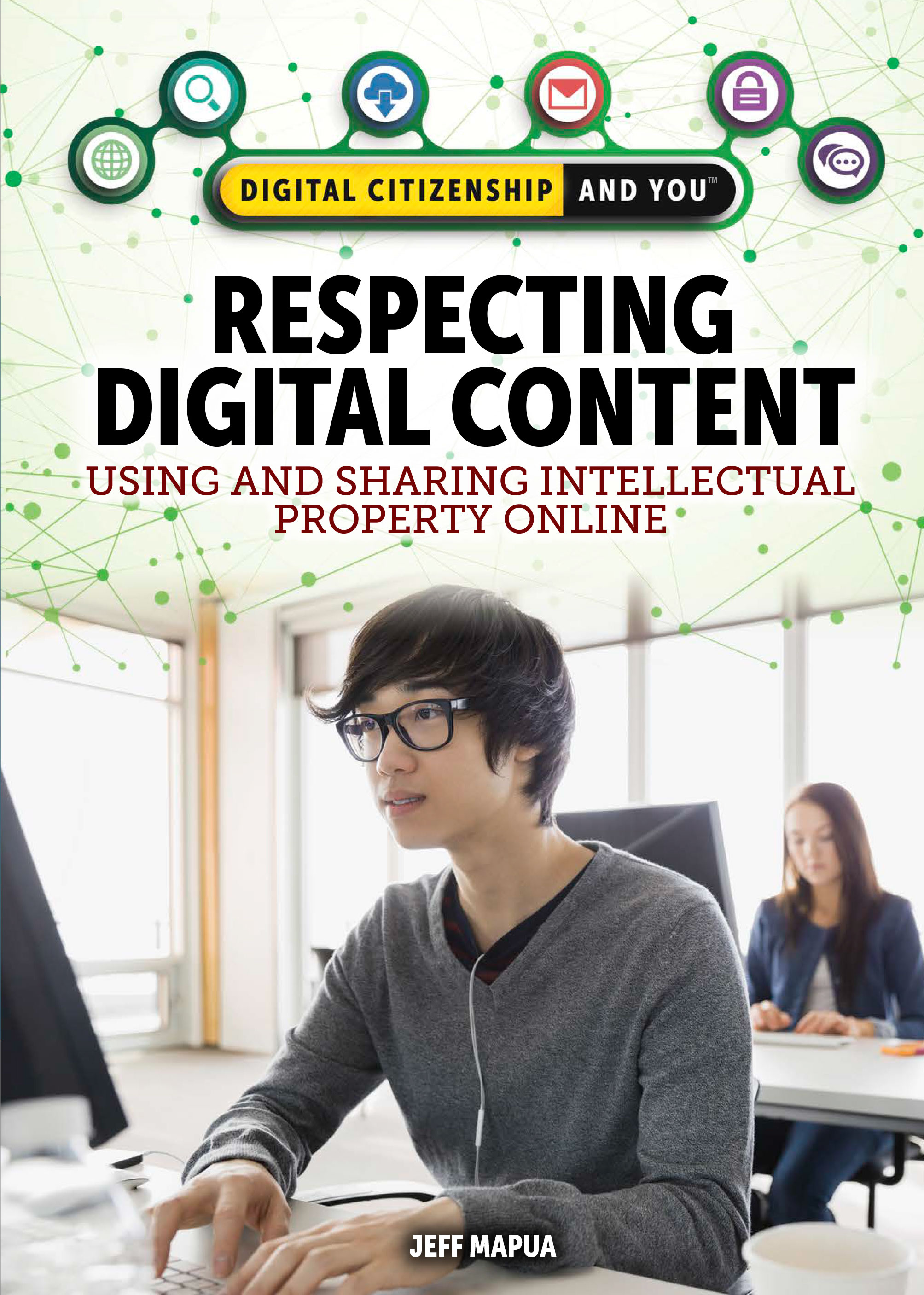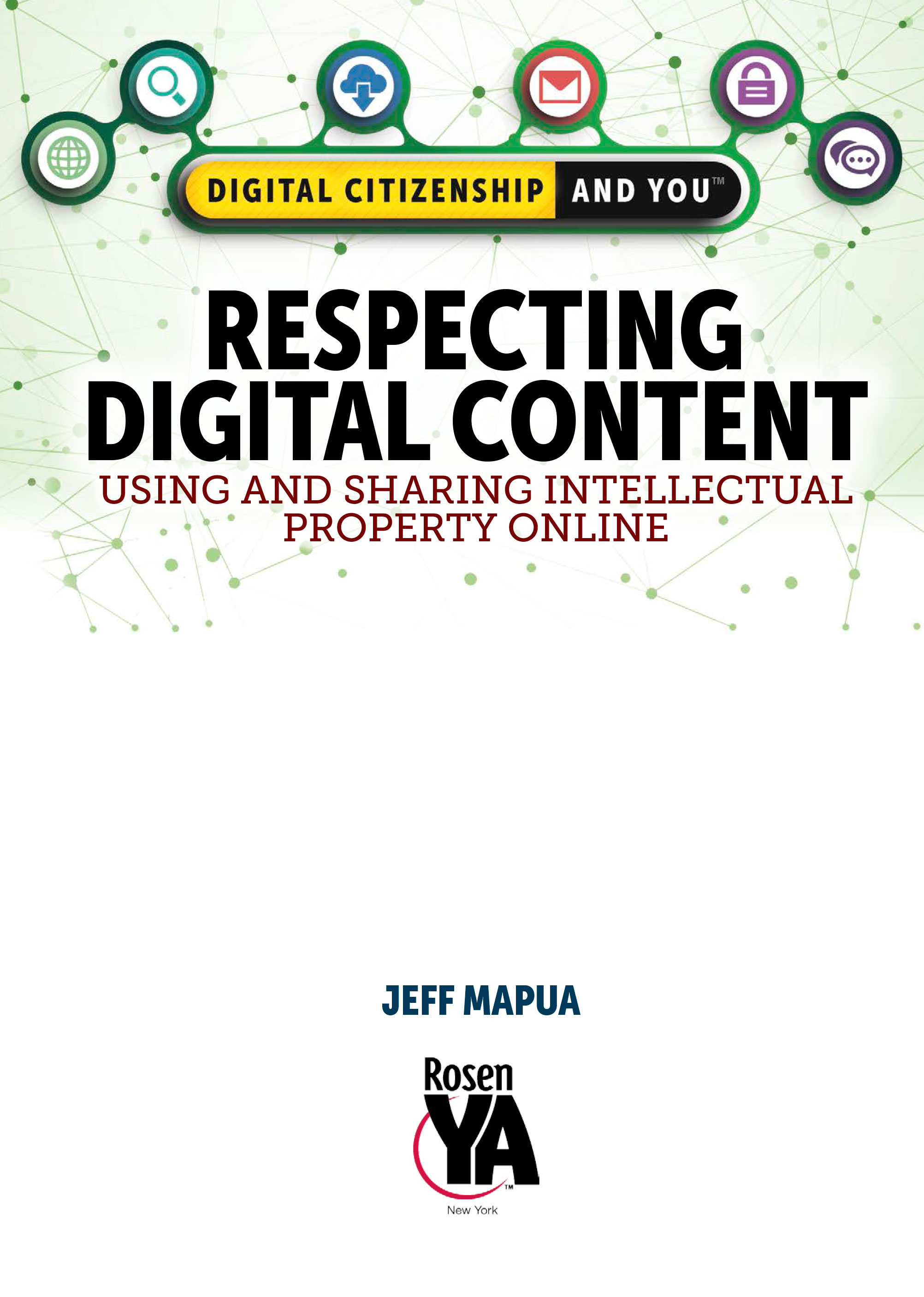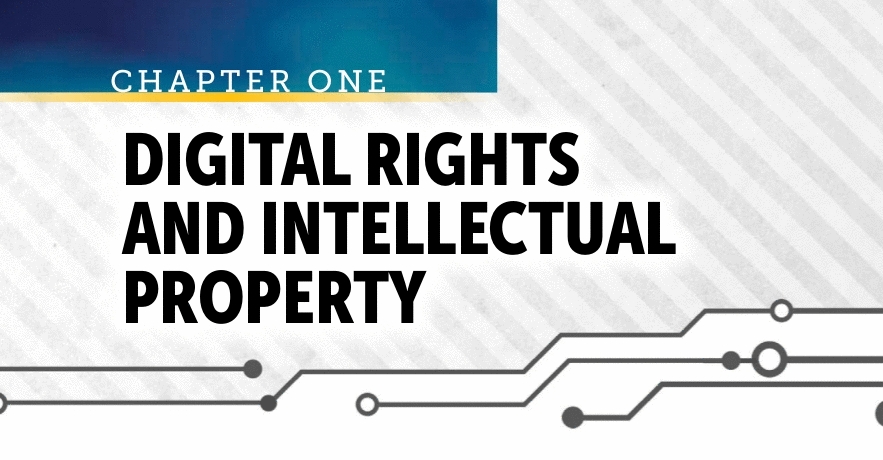Published in 2019 by The Rosen Publishing Group, Inc.
29 East 21st Street, New York, NY 10010
Copyright 2019 by The Rosen Publishing Group, Inc.
First Edition
All rights reserved. No part of this book may be reproduced in any form without permission in writing from the publisher, except by a reviewer.
Library of Congress Cataloging-in-Publication Data
Names: Mapua, Jeff, author.
Title: Respecting digital content : using and sharing intellectual property online / Jeff Mapua.
Description: First edition. | New York, NY : Rosen Publishing Group, Inc., 2019. | Series: Digital citizenship and you | Includes bibliographical references and index.
Identifiers: LCCN 2018021578| ISBN 9781508185260 (library bound) | ISBN 9781508185253 (pbk.)
Subjects: LCSH: Internet and teenagersJuvenile literature. | Intellectual propertyJuvenile literature | CopyrightJuvenile literature. | PlagiarismJuvenile literature. | Online etiquetteJuvenile literature.
Classification: LCC HQ799.2.I5 M37 2019 | DDC 004.67/80835dc23 LC record available at https://lccn.loc.gov/2018021578
Manufactured in the United States of America
CONTENTS
INTRODUCTION
S tudents today live in a much different world from that of their predecessors of a couple decades ago. Before the days of the internet, researching and working on school projects was relatively straightforward. A student would head to the library and find resources to use, whether it be a book, encyclopedia, newspaper, or some other form of media. However, the internet has changed all of that.
Today students must learn the rights and responsibilities of living in a digital world that is interconnected. Books, video files, audio clips, and so much more are available to anyone with an internet connection. As such, students need to engage in ethical and legal behavior while using and sharing this digital content. There are rules and laws in place to protect authors and content creators, and there are ways to safely and legally use their work in research projects and schoolwork.
The internet has provided people with a way to share files in ways that have never been easier. A good digital citizen will know the proper way to use and share intellectual property while respecting the owners rights. Finally, part of being a good digital citizen is protecting oneself from invasion of privacy online and keeping information accessible online secure.
Respecting digital content and copyright laws could have helped the coffee company Grenade Beverage. The company entered into an agreement with the Grumpy Cat Limited corporate entity. Grumpy Cat is one of the most enduring memes on the internet, with images of a frowning cat named Tardar Sauce spreading to all digital corners.

Whether working alone on a project or with a group, it is vital to know what kind of online content you can make use of and how to use it respectfully and legally.
While the very nature of memes allows for people to reuse images online, Grumpy Cat Limited handles Grumpy Cat-related licensing for using Tardar Sauces likeness for consumer products, such as T-shirts, toys, or anything else that people can buy. Grenade Beverage was granted permission to produce and sell Grumpy Cat Grumppuccinos. However, the company pushed the limits of their agreement by also producing and selling Grumpy Cat-branded ground coffee. They did not have permission from Grumpy Cat Limited to make the additional product without their approval.
Grumpy Cat Ltd. sued Grenade Beverage for violating the copyright on their intellectual property. The case was in court for two years and was finally resolved in January 2018. The court awarded Grumpy Cat Ltd. $710,000 in damages. The Grenade Beverage Company failed to demonstrate an understanding of intellectual property. While people are free to share images of Grumpy Cat online, the company ventured into an area that violated copyright, permission, and fair use. There could even be an argument that Grenade Beverage Company engaged in unethical behavior by attempting to profit off of another companys intellectual property. If Grumpy Cat Ltd. decided to produce their own line of coffee, they would have been competing against an unauthorized version of their own intellectual property.
Students today must navigate similar areas of digital rights in their own work. While it may now seem clear that Grenade Beverage was violating their agreement with Grumpy Cat Ltd., it may not always be so clear when it is lawful for students to use images from the internet for their own projects.
D igital rights and intellectual property are important parts of the creative content found online. They must be respected when used and can cost or earn a company a significant amount of money. However, many people may not know what digital rights are and what counts as intellectual property.
DIGITAL MEDIA
Media are any form or system of communication, entertainment, or information. Traditional examples of media include newspapers, radio, or wired telephones. Digital media are a result of technological advances. The term digital media refers to media that come in electronic form or are part of computer technology. For example, radio that is transmitted via the internet is considered digital media, as is a book that can be read using a computer or mobile device. Storage products are also considered digital media. Common examples are CDs, DVDs, MP3 players, and memory sticks.

New types of internet-enabled products, including smartphones and tablets, have challenged the ability of modern researchers and some users to keep up with their capabilities.
An important characteristic of digital media is the ability to be transmitted using computers and networks. Digital content can be distributed to one or more people without having to physically be in the same room. Because of how common and widespread they are, digital media commonly refers to content that can be viewed on a computer or mobile device, such as a phone or tablet.
Sharing digital media goes both ways. One kind of sharing includes sites where viewers can stream movies, music, and other video and audio content. On other sites, users post images or videos online and view other users photos or videos. One special feature of digital media is the way they bring different people together according to their interests and consumer choices.
WHAT ARE DIGITAL RIGHTS?
The internet enables users to share and copy content quickly and easily. This contrasts with older media formats, especially those used for recording and listening to music and other audio, like compact discs, audio cassettes, and vinyl records. There were ways to copy and distribute these illegally, but we entered an entirely new age when digital files became the norm, more so for music than other media. It became an issue that record labels felt they had to address, lest they be driven out of business. The issue of file sharingwhich many considered nothing but online piracywould soon impact other media, including movies, television shows, music videos, images, and written works.

